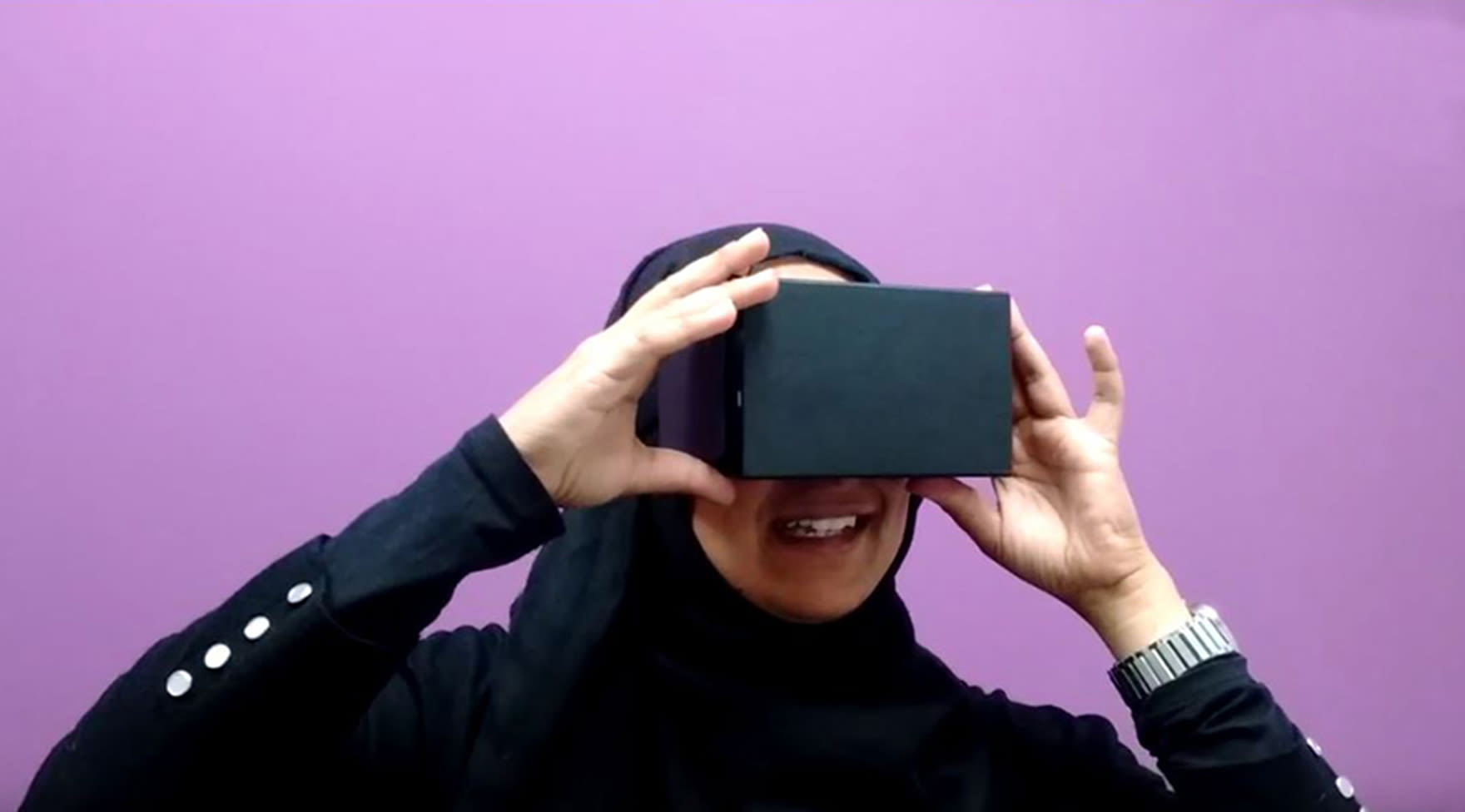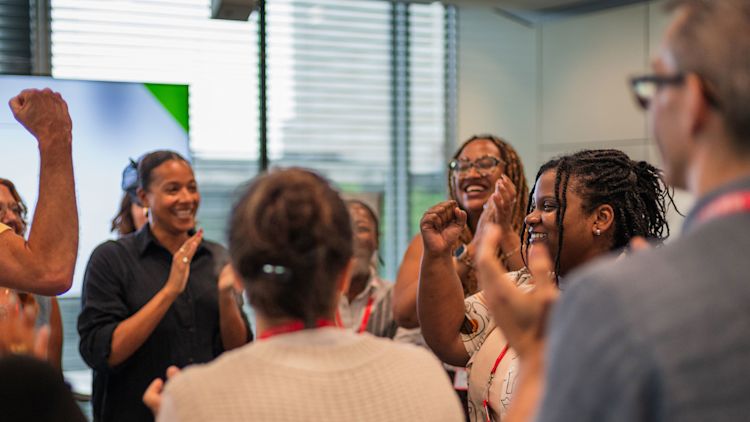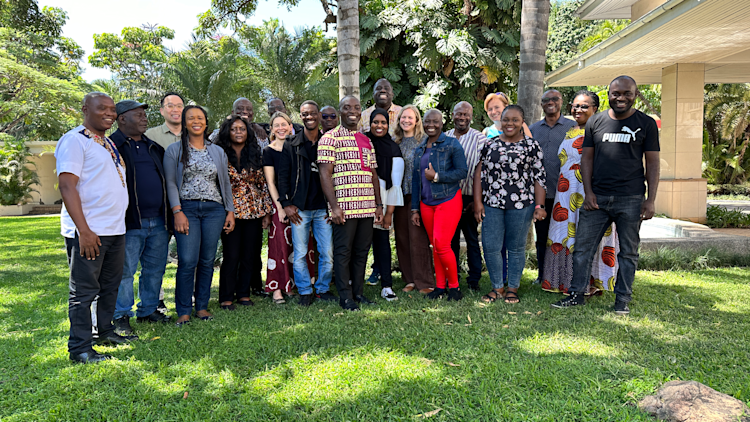
At Comic Relief, we understand the importance of digital technology and its potential to address some of our biggest social challenges.
That’s why we are currently in our fourth funding call of our Tech for Good funding initiative, in partnership with the Paul Hamlyn Foundation, closing on the 25 March.
The following blog post was originally published on the Tech for Good Hub(opens in new window) which helps organisations seek funding and helps funders to feel more confident about backing tech for good projects.
-__--------------------------------------------------------------
How three charities changed through the Tech for Good programme
ORIGINALLY: FEBRUARY 18, 2019 BY JOE ROBERSON
The most exciting thing about Tech for Good is seeing new products and services emerge at programme’s end. Each programme’s teams work hard on adopting new ways of working and deserve recognition for what they create.
But often the by product of their efforts is noticed less. That’s the ripples that embracing new ways of working create across an organisation that’s got to grips with digital service design.
Here’s four examples we listened to during last week’s end-of-project interviews. So if you thought that the Tech for Good programme was only about what it could do for your beneficiaries, think about what it can do for your organisation too.
‘Becoming normal’ – design sprints applied to content creation
Wellchild built an app that supports medication routines for children with serious illnesses. But the agile processes they used have rubbed off on other projects too.
Usually it takes them 6-9 months to produce a new set of guiding principles for health professionals,. They have lots of meetings and many drafts get emailed back and forth.
But this time they’re trying something different.
Wellchild are applying design sprint principles to creating their next set of guiding principles. They plan to complete the first draft in just one week by getting their team to spend two days together understanding the issues. Then they will spend two days on content and design, before sending out a draft for peer review on Friday.
This approach is based purely on their experience of building tech. Matt James, Wellchild Project Lead says: “It’s nice hearing people using the terms ‘design sprints’ and ‘Minimum Viable Product’. Terminology that was alien to a lot of us here has become more normal.”
‘Surprising info’ – user research data shows the way forward
Soon after starting their project Tempo(opens in new window) (previously Spice) realised that using their tech partner to do user research would be time consuming and expensive. So they took the job in house and never looked back.“There was a turning point then when we took ownership of user interviews. It felt positive for us.”
Laura Jenner, Project Lead, Tempo
After a challenging start, they soon built user interview skills and learnt the principles of test-driven development. The impact was bigger than expected. Not only did the interview data help them identify user problems in need of solving, but the depth of insights showed how the organisation needed to digitise its core features.
Laura says more: “Before we started this research, currency digitisation wasn’t really being looked at as a step to take. But the research gave us surprising info about how much time we are spending on posting out notes and counting them.”
‘Anyone can be involved’ – building cross team confidence in digital service design
Turn2Us(opens in new window) have had a wonderful project and are about to launch a volunteers web app and beneficiary SMS service. Their delivery team is multidisciplinary, made up of people from comms, volunteer management, and digital teams. Impact on the non-digital team members has been huge:“It’s not about how many digital skills you have or if you’re a coder. Any person or department can be involved in digital innovation.
"For example, everyone’s been involved in UX work, standups, writing user stories and understanding different audience needs. The Tech for Good programme has given them that confidence.”Gillian Clyde-Smith, Project Lead, Turn2Us
Organisational support makes the difference
These changes wouldn’t have been possible without organisations actively supporting their project teams. Not one project expressed a lack of support from their senior management. Senior managers at Samaritans were so impressed by their project team’s pre-MVP product they were keen to launch it right away.
Sign up for the Hub at https://techforgoodhub.co.uk(opens in new window)


